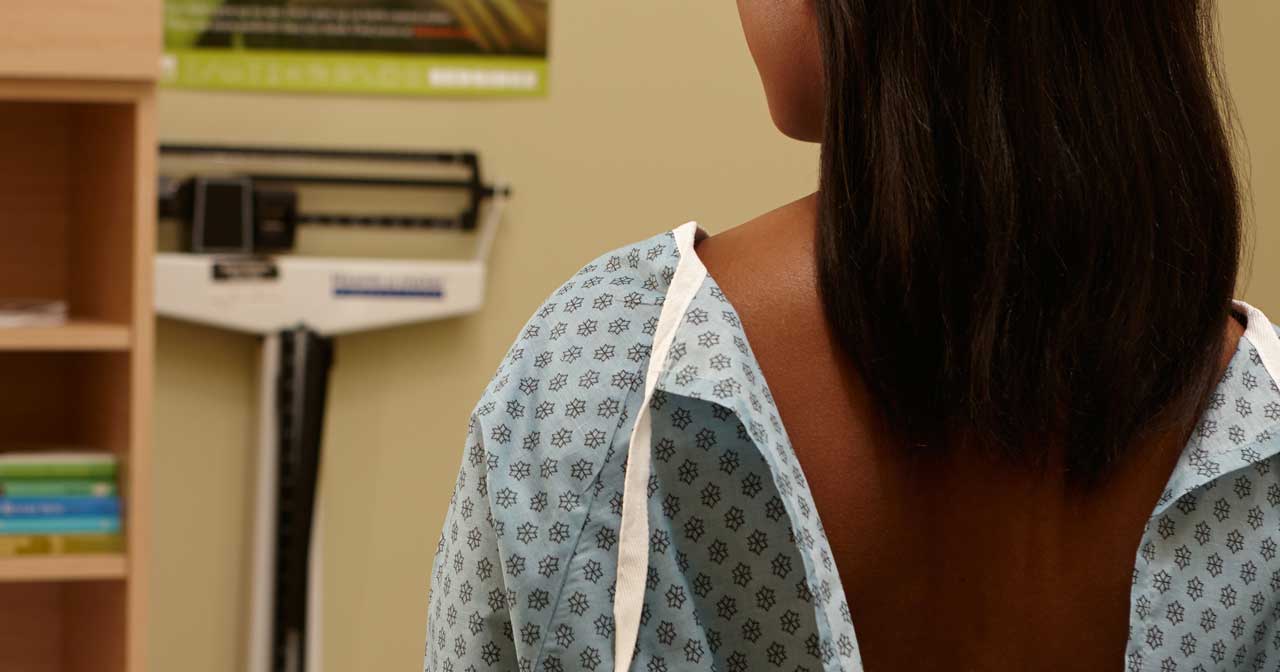Before you stop using condoms…
If you and your partner are thinking about going bare, here are a few things to do first.

Condoms are great—they’re available in almost any drug store or clinic and they protect against pregnancy and sexually transmitted infections (STIs). More than half of U.S. couples use a condom when they have sex for the first time, and over 93% have used condoms at some point.
The number of couples relying on condoms tends to go down as relationships last longer, so it’s safe to say a lot of couples start off using them and then switch to another method of birth control when they become exclusive. Starting a new method of birth control (maybe one that’s more effective for preventing pregnancy than condoms) doesn’t have to mean forgoing condoms. Doubling up with condoms and another method is a great option for many couples. But if you and your partner have been using condoms and want to stop, here are a few things to square away beforehand.
Get your test (GYT)
Condoms and internal condoms are the only methods that can protect against STIs. That includes the ones that can easily be treated—like gonorrhea and chlamydia—and the not-so-easily treated—like herpes and HIV.
Just because neither of you have bumps or rashes doesn’t mean you’re necessarily in the clear; STIs can be there without you even knowing it. So even if you’re pretty sure you don’t have an STI, you should both get tested for common infections like chlamydia, gonorrhea, syphilis, and HIV. You may also want to ask about a herpes test; your healthcare provider will usually ask questions to figure out if it makes sense to test for that too. It’a also a great time to make sure your HPV vaccine series (3 shots!) is done and your Pap smears are up to date.
All of these tests can be done without a physical exam:
For chlamydia and gonorrhea, you just need to provide a urine sample. Yup, it’s a simple as peeing in a cup.
For HIV, syphilis and herpes, it’s a blood test. That means providing a small sample of blood at a lab or clinic.
Then just a few days of awkward waiting and you’ll have your results!
Drumroll, please
Once you get your test results, you may have a few more steps to take before it’s safe to stop using condoms.
Positive for chlamydia, gonorrhea, or syphilis
These STIs can all be cured with antibiotics. You may take pills, get a shot, or both. The treatment depends on the type of infection. You may be done after one shot, one pill, or a week of pills. Your healthcare provider may recommend that you get tested again in the coming months to make sure the infection is cleared up. If you have any symptoms or concerns after you’ve finished the treatment, talk to your provider and decide what to do.
Positive for HIV, herpes, or hepatitis
These STIs can’t be cured, but they can be managed with medicines that reduce the viral load (the amount of the virus in your body) and a partner’s chance of getting the same infection. Although the medicines reduce the chance of giving the virus to a partner, they don’t guarantee it. That means that you’d need to talk to your partner about how you both feel taking this chance without condoms. (If you decide to keep using condoms, you’re in good company. About 10% of U.S. couples of all ages rely on condoms.)
All clear
If you’re both in the clear, you can have the “let’s stop using condoms” conversation.
If you’re not ready for kids yet: This is a good time to talk about what other method you want to use for pregnancy prevention. Obviously whoever is using the method should have final say, but it might be nice to have both partners involved in the decision. You can also talk to your healthcare provider to help you figure out which method is best for you.
If you’re quitting condoms in order to start trying for a baby: It’s a good idea to check in with your healthcare provider a few months ahead of time. Even for women without health problems, there are some basic things you can do to have a healthier pregnancy. For example, taking prenatal vitamins prevents certain types of birth defects. Your provider can also give you good tips for how to increase your chances of getting pregnant. Good luck!
How do you feel about this article?

Heat up your weekends with our best sex tips and so much more.